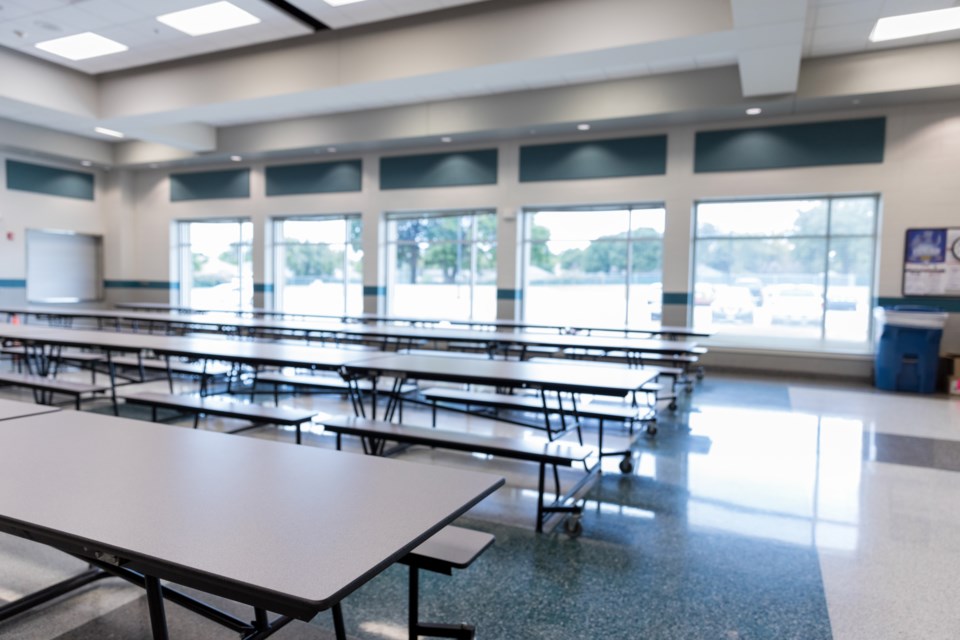Editor’s note: This story was originally published by Colorado News Connection. Read the original story here.
***
DENVER — About 30% of Coloradans in a new poll say they can't afford regular meals, a rate that's tripled since the start of COVID-19. And hunger-fighting advocates are urging lawmakers to increase food assistance programs to help.
The survey on hunger in Colorado also shows among people of color, almost 40% are struggling to put food on the table, compared to 25% of whites. Ellie Agar, communications director at Hunger Free Colorado — which released the report — noted that Blacks and Latinos were disproportionately affected by the pandemic on all fronts.
"They might have had underlying health concerns that led to higher rates of not only sickness, but actually death during the pandemic," Agar said. "And a lot of that does have some systemic roots, in just lack of access to regular food or health care."
Agar's group is calling on Congress to boost SNAP benefits, formerly known as food stamps, by 15% for the foreseeable future and continue emergency pandemic allotments. She said Congress also needs to prioritize food assistance in any COVID relief package.
Agar said some progress was made in curbing children's hunger in the state, thanks to the Pandemic Electronic Benefits Transfer program. But 45% of households with kids are still food insecure.
And nearly half of parents polled say they were fine before the pandemic, but now worry about covering expenses in the next few months. One reason, she noted, is the loss of free or low-cost school meals while schools are partially closed.
"Many schools are actually returning to remote learning," Agar said. "So, this is a continuing problem for our state, as children are at home — and they don't have the breakfast or the lunch, or the after-school snacks, that might have been a key nutritional support for them in the past."
In St. Vrain Valley School District, curbside sack lunches and breakfasts are served at 12 locations Monday through Friday. Meals are provided at no charge for children ages 1 to 18. Learn more here.
The survey also found that hunger remains a top concern for about one in five Coloradans. And almost 10% of Colorado residents say they've had to skip or cut back on meals to make ends meet during the pandemic.


.jpg;w=120;h=80;mode=crop)
